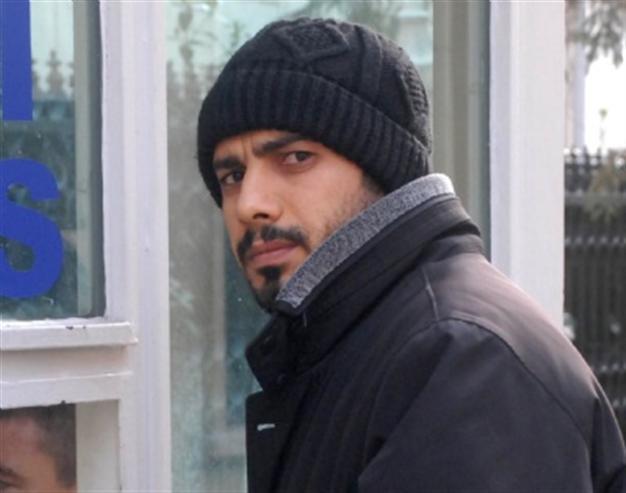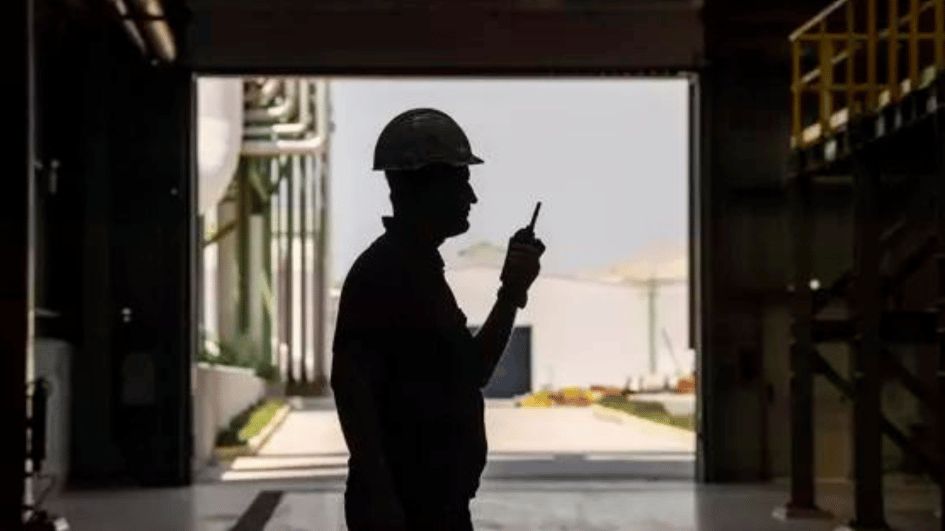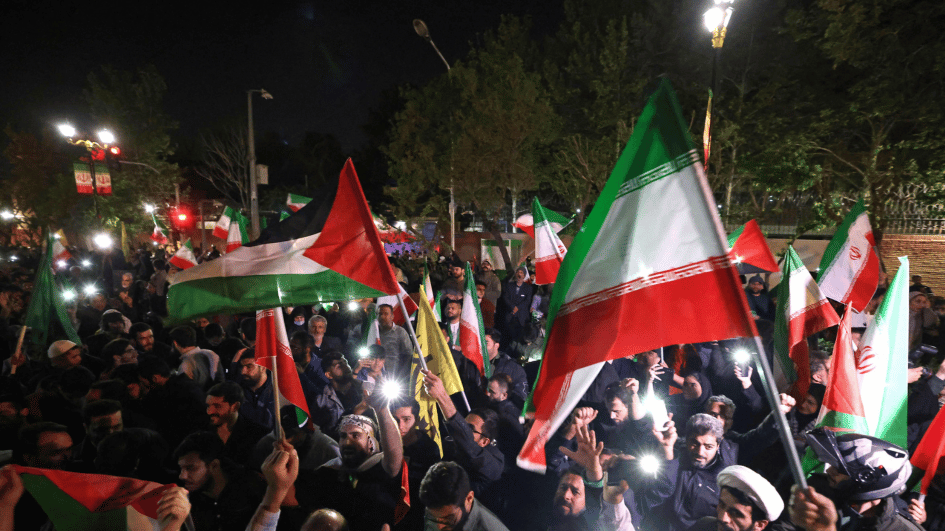Journalists on trial, facing 52 years in prison
ISTANBUL
 Mehmet Baransu, a reporter for the daily Taraf newspaper, and his managing editor, Murat Şevki Çoban, have each gone on trial and are facing up to 52 years in prison for publishing a confidential document about a 2004 National Security Council (MGK) meeting.
Mehmet Baransu, a reporter for the daily Taraf newspaper, and his managing editor, Murat Şevki Çoban, have each gone on trial and are facing up to 52 years in prison for publishing a confidential document about a 2004 National Security Council (MGK) meeting.The document was published by Taraf on Nov. 28, 2013, as proof for the ruling Justice and Development Party’s (AKP) decision to “finish off” U.S.-based Islamic scholar Fethullah Gülen, an ally-turned-foe of the AKP, who has allegedly formed a “parallel state” within the Turkish state.
The indictment charged Baransu and Çoban with “providing documents related to the security of the state,” “publishing information that must remain confidential due to the state’s security or political interests in domestic or foreign policies” and “publishing a document or information related to the activities or duties of the National Intelligence Organization [MİT].”
Çoban was present in court as the hearings commenced on June 3, whereas Baransu, who is currently imprisoned on another case, cast an essoign.
In his testimony, Çoban argued that under press law, a managing editor could not be held liable for a correspondent’s story.
“I did not prepare these stories. I did not contribute as they were prepared or published. Under press law, managing editors are not responsible for stories in cases where the reporter’s identity is clear. Nonetheless, these reports fall under the scope of press freedoms,” he said.
“Keeping records of individuals’ private lives, and gathering and archiving documents to this end, are in violation of individual rights and freedoms which are guaranteed under the constitution, and hence are a criminal act defined by the Turkish Penal Code [TCK]. However, disclosing acts of crime is not a criminal act. I demand my acquittal,” Çoban said.
Meanwhile, Baransu’s lawyer, Sercan Sakallı, explained Baransu could not attend the hearing on the grounds of an illness and asked the court to hear his defense.
“If there is public interest in revealing the contents of a document, a journalist is obliged to publish it, even though the document may be confidential. In this case, my client published the document believing there is public interest, hence, his action is constitutional,” Sakallı argued.
















